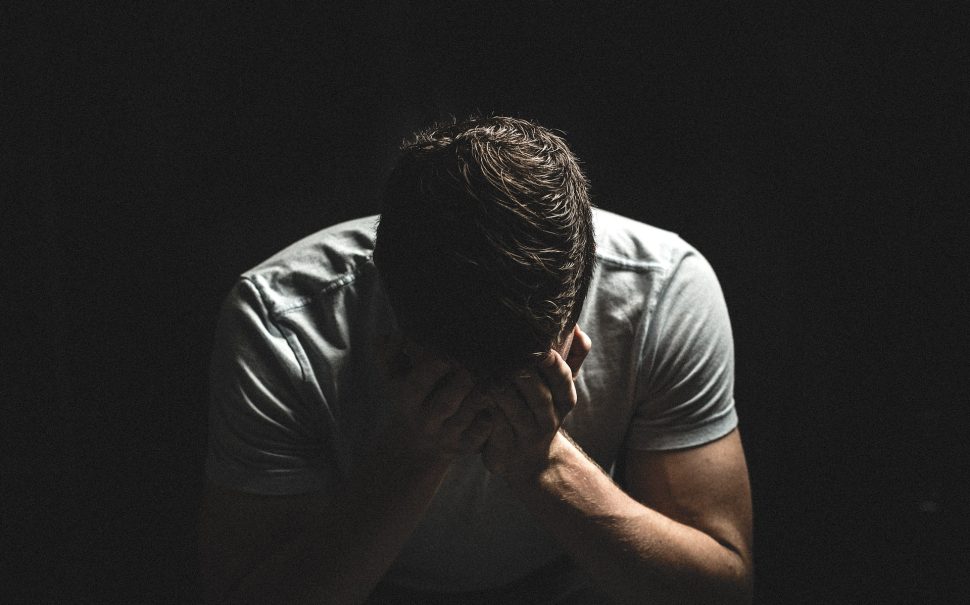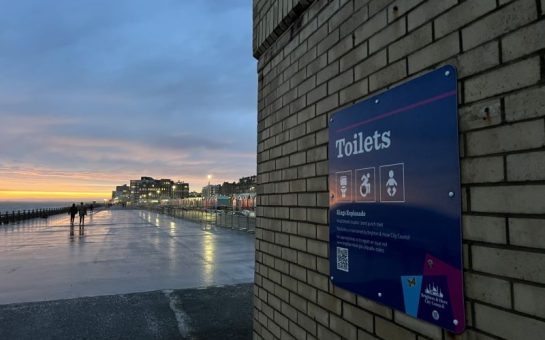Demand for the UK men’s domestic abuse helpline has almost tripled since 2017, according to data obtained in a Freedom of Information request by South West Londoner.
The Men’s Advice Line, a government funded helpline for male victims of domestic abuse, has experienced a 170% increase in calls and emails since 2017.
In 2017-18, the helpline received 12,559 calls and 2,129 emails. However, the service has experienced a growth in demand since then, and in 2021-22 the helpline received 32,891 calls and 6,805 emails.
The data also shows the helpline experienced a “rapid growth” in demand during the pandemic. There was a 41% increase in the number of calls and emails received during 2020-21.
Helpline Manager Tanisha Jnagel said: “During the pandemic we saw rapid growth in demand across the Men’s Advice Line. Male victims were locked down at home with their abusers, and isolated from their support networks.
“For many, this meant an increase in the frequency and severity of abuse, which resulted in an unprecedented 41% increase in demand for the helpline.”
During 2020-21, while the country was locked down, the helpline received 31,711 calls and 7,178 emails, up from 23,121 and 4,460 respectively the previous year.
The Men’s Advice Line, which is funded by the Home Office, the Scottish Government, Scottish Women’s Aid and London Councils, offers advice and emotional support to men who experience abuse, and signpost to other vital services that help men keep themselves and their children safe.
Since the pandemic, demand for the service has continued to grow.
Jnagel said: “In 2021-22 we expected demand to decrease and return to more normal levels, but instead it has continued to grow, albeit at a slower rate.”
The Helpline Manager said the cost of living crisis has introduced new pressures and tensions into homes.
“Callers frequently discuss the ongoing impact of the pandemic on their relationships, and male victims are now experiencing the added pressures of the cost of living crisis. This is why demand has never returned to its pre-pandemic levels,” Jnagel said.
However, during 2021-22, the rate of growth of calls and emails to the helpline slowed, only increasing by 2% overall from the previous year, and the service experienced a 5% decrease in the number of emails.
Jnagel said men experience unique barriers when it comes to talking about their experiences of domestic abuse and reaching out for support.
“There are barriers for all survivors of abuse when it comes to disclosing their experiences and reaching out for support. For all survivors, there can be sense of shame, and a fear that they will be further harmed or separated from their children if they seek help or try to leave.
“Some barriers are unique to male victims, including a lack of awareness that men can be victims of abuse, and an embarrassment that they, as a man, have been victimised.
“Another key barrier we’re hearing about at the moment is concern around the financial impact of leaving an abusive partner.
“This is the same for survivor services supporting women, but we often hear from men that they worry they cannot afford to flee and rebuild their own lives, whilst still financially supporting their family.”
Jnagel stressed that male victims should call the helpline for confidential support, regardless of whether they are in a straight or gay relationship.
“Men can experience domestic abuse too. It doesn’t make you less of a man, and it doesn’t say anything about your strength or your character. Reach out for support so you can live a life free from violence and abuse,” said Jnagel.
If you are a man who has experienced domestic abuse, or you know a man who has, call the Men’s Advice Line on 0808 8010327.
Featured Image credit: Pixabay





